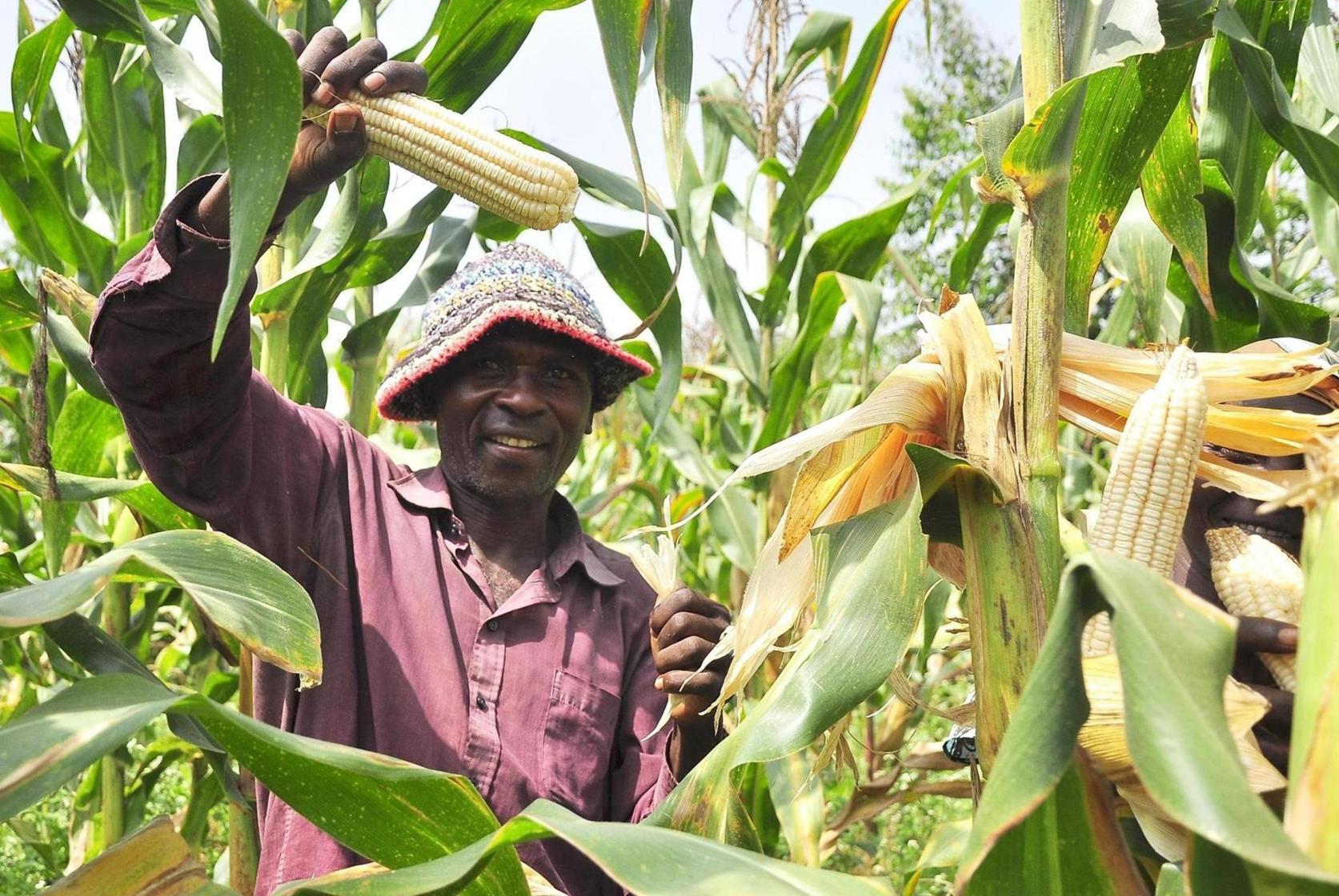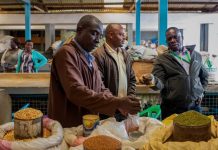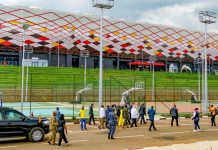Faridah N Kulumba
Africa-Press – Uganda. The government of Uganda is in a critical situation for over-pampering foreign investors and leaving the local investors to wallow in a financial quagmire until they are forced out of business, especially due to the heavy debt burden.
This followed the concerns that were raised by a section of local investors after news leaked that the government plans to bail out Roko Construction Limited, a construction and civil engineering company owned by foreigners, which is almost bankrupt, by buying into it 150,000 Preferential Shares worth USD54,174,420.40 (Shs 202 billion).
A colossal sum of money by any standard, yet there are so many local investors that have been denied an opportunity for local redemption.
According to information from credible sources, the proposal was tabled before parliament by Uganda’s Minister of Finance Matia Kasija.
Behind buying shares
The aim of the government buying Preferential Shares is to bail out Roko Construction Limited which has been sued for bankruptcy by its creditors for failing to pay its debts.
The move led to the raising of eyebrows of many Ugandans wondering why the government is rescuing only foreign investors yet the same scenario has been faced by many local entrepreneurs and the government never came to their rescue.
The spark
What has further surprised several local investors is the haste with which the government is handling this matter to ensure parliament passes a supplementary budget as quickly as possible to bail out Roko Construction.
Besides that, whereas foreign investors enjoy tax holidays from the government worth billions of shillings, the same government subjects local investors to unbearable tax burdens, thereby creating an imbalance in the economy.
To make matters worse, some local business investors do not even require financial assistance from the government but all they need is the intervention to allow foreign lenders to restructure their loans for a reasonable period say 2-3 years grace period, or allow them to charge interest only until the enterprise recovers and starts posting reasonable profit so as to create a free, fair and balanced economy.
Case scenarios
Many indigenous investors have lost property to exploitative foreign money lenders or Banks without the government, as the regulator, lifting a finger, while others have died as a result of the depression and stress they suffer after banks have auctioned off their properties.
A case in point is former Greenland Bank proprietors Dr. Suleiman Kiggundu, and Christopher Sembuya, formerly the proprietor of Sembuule Group of Companies, among others who died after suffering severe financial stress without the government lifting a finger.
There are also many local investors who are suffering the same strain and neglect and are likely to give up doing business in their motherland unless the government revises its approach towards local investors, among them is Patrick Bitature of Simba Group, whose property is being distressed by a group of South Africa based investors known as Vantage Mezzanine Group who claim he owes them USD32,064,075 (about Shs 117 billion).
Every effort by Bitature to redeem his properties which include; Skyz Hotel Naguru, Moyo Close Apartments, and Elizabeth Apartments has so far proved fruitless and sources close to him reveal that not even his appeals to high-ranking government authorities to intervene in the matter have yielded any fruits. Yet Roko is being bailed out.
Another local investor facing the same fate is city architect Peter Kamya, whose property Simbamanyo House and Afrique Suites Hotel were auctioned by Equity Bank under dubious circumstances.
Equity Bank sold Kamya’s property to Sudhir Ruparelia’s Meera Investments for USD 5 million. According to Kamya, the property was worth over USD 12 million. Moreover, this was a property that was fully occupied by a government ministry. > Mohammad Reza: There are so many local investors on the verge of losing their properties to foreign investors and the government and they have to intervene for the better of the economy.
Ugandans are lazy said Museveni
At the beginning of this year, the President of Uganda Yoweri Kaguta Museveni accused Ugandans of being lazy in front of their business competitors.
President Museveni said that a friendly environment in Uganda makes it unnecessary for one to work hard.
He elaborated Uganda has two rainy seasons because the country is at the equator, which is why Ugandans are lazy… because life is very easy for them. Even a fool can survive in Uganda.
Mr. Museveni requested South African investors to consider Uganda’s agro-based industry.
However, according to the Global Entrepreneurship Monitor, Ugandans rank highest among the most entrepreneurial people in the world.
Ugandans have also emerged as leaders in several disciplines at the regional and international levels, including in firms owned by South African companies.
For More News And Analysis About Uganda Follow Africa-Press






